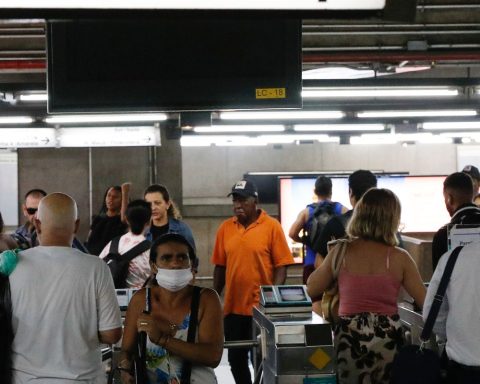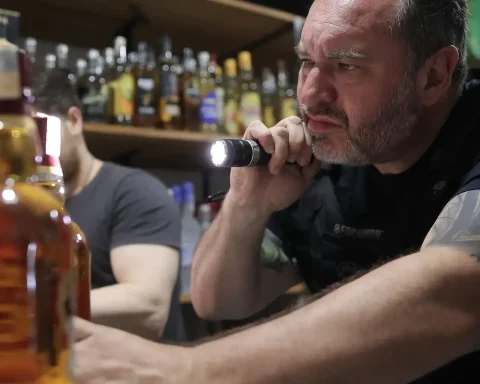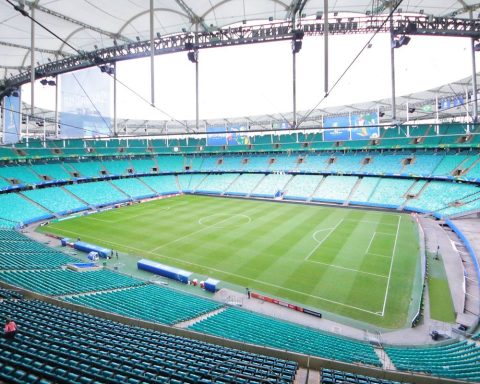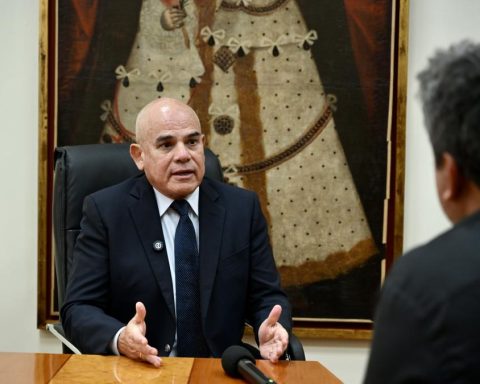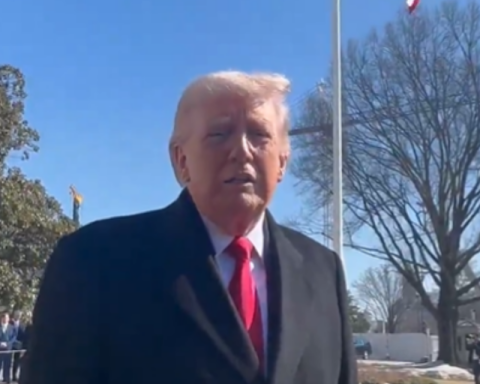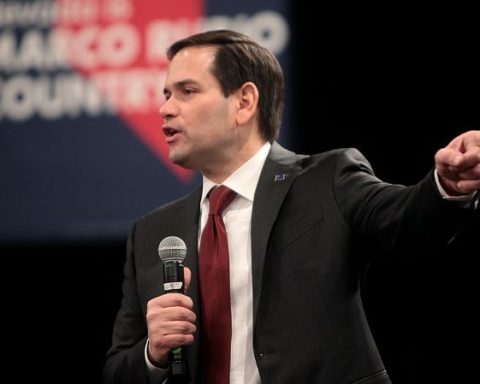The Vice President of the Republic and Minister of Development, Industry, Commerce and Services, Geraldo Alckmin, will present a new target to reduce greenhouse gas emissions by 2035. Initially stipulated at a 59% reduction, the new Nationally Determined Contribution ( NDC) went to 67% reduction over the next 11 years.
The most ambitious target will be presented to the United Nations Framework Convention on Climate Change (UNFCCC), at the 2024 United Nations Conference on Climate Change (COP29), an event that brings together authorities from around the world in Baku, in Azerbaijan, which starts next Monday (11).
The NDC is the climate target that Brazil adopts as a reference to comply with the Paris Agreement, signed in 2015. This agreement placed a limit of 1.5 degrees Celsius (ºC) on the planet’s average warming in relation to the pre-industrial period.
The first established by the country dates back to December 2020 and set the objectives of 37% reduction in greenhouse gas emissions in 2025 and 43% in 2030. The second version updates the numbers, formalizing the country’s commitment to reduce the volume of gases. In both cases, the parameter is the level of emissions recorded in 2005.
“This commitment will allow Brazil to move towards climate neutrality by 2050, the long-term objective of the climate commitment”, assesses, in a note, the Ministry of Environment and Climate Change.
From the ministry’s perspective, the review carried out in the NDC follows the Paris Agreement principle of gradually increasing ambition.
“The new goal represents a key stage in promoting a new development model, through the implementation of initiatives such as the Climate Plan, Ecological Transformation Plan, Pact between the Three Powers for Ecological Transformation, among others.”
Also in the note, the ministry recalls that the main instrument to ensure the implementation of the NDC is the Climate Plan, which lists Brazil’s actions until 2035 and that the country has already dedicated itself diligently to combating deforestation. The plan will have axes focused on reducing greenhouse gas emissions (mitigation) and adapting to the impacts of climate change, with sectoral plans for each of them. In total, there will be seven mitigation and 16 adaptation.
“To make this new vision of development viable, economic instruments will be used such as the Climate Fund, Sustainable Sovereign Bonds, Eco Invest Brasil, Brazilian Sustainable Taxonomy and the Tropical Forests Forever Fund”, the ministry lists.
“Many other actions are underway, such as ABC+ Plan, Future Fuel Plan, Degraded Pasture Recovery Program, Energy Transition Plan, Nova Indústria Brasil Program, Planaveg, Productive Forests Program, Deforestation Prevention and Control Plans of all biomes, among others.”

